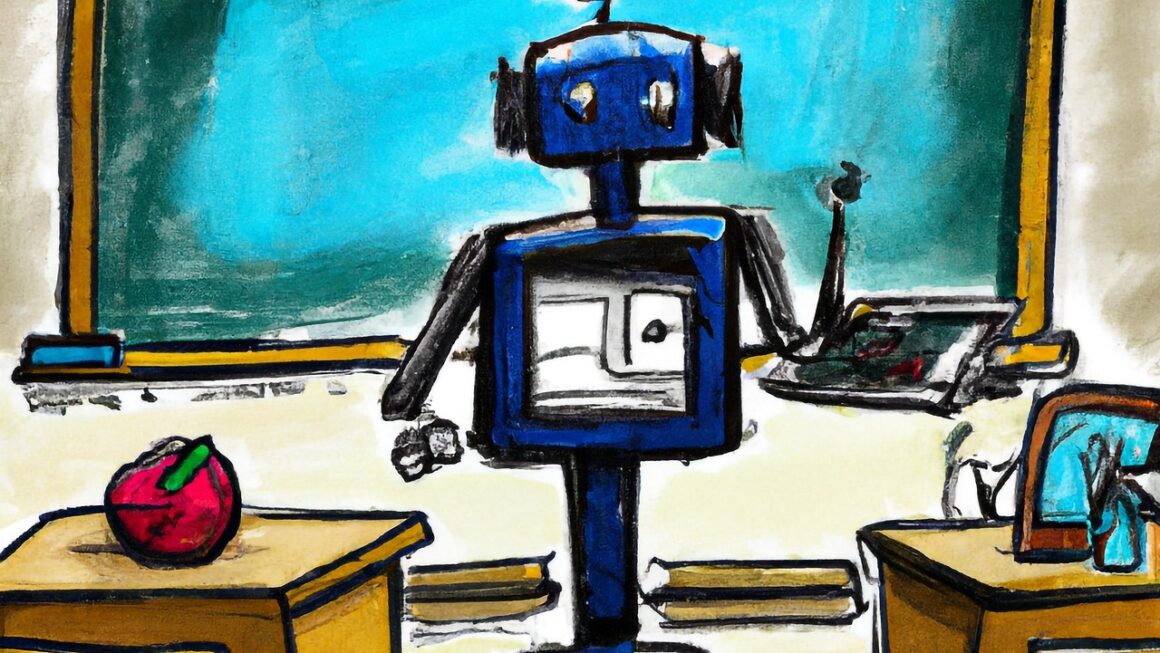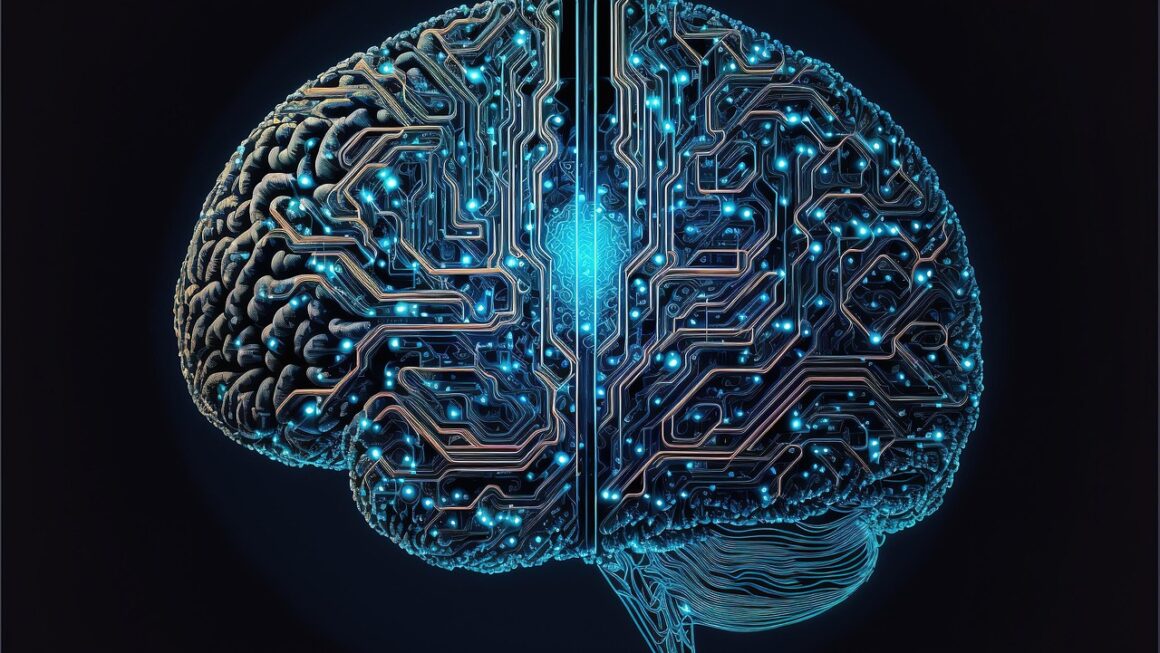The healthcare industry is undergoing a seismic shift, driven by the relentless advancements in artificial intelligence (AI). From streamlining administrative tasks to revolutionizing diagnostics and treatment, AI’s potential to improve patient outcomes, reduce costs, and enhance the overall efficiency of healthcare systems is immense. This article delves into the diverse applications of AI in healthcare, exploring its current impact and future possibilities.
AI-Powered Diagnostics and Early Detection
Image Recognition and Analysis
AI algorithms, particularly deep learning models, excel at analyzing medical images such as X-rays, CT scans, MRIs, and pathology slides. These algorithms can detect subtle anomalies that might be missed by the human eye, leading to earlier and more accurate diagnoses.
- Example: AI systems are being used to detect lung cancer from chest X-rays at earlier stages, significantly improving survival rates. Studies have shown AI can achieve comparable or even superior accuracy to radiologists in detecting certain types of cancers.
- Actionable Takeaway: For hospitals and clinics, investing in AI-powered image analysis tools can improve diagnostic accuracy and reduce the workload of radiologists.
Predictive Analytics for Disease Risk
AI can analyze vast amounts of patient data, including medical history, genetic information, and lifestyle factors, to predict an individual’s risk of developing certain diseases. This allows for proactive interventions and personalized preventative care.
- Example: AI algorithms can predict the likelihood of a patient developing cardiovascular disease based on their risk factors, enabling doctors to recommend lifestyle changes or medication to mitigate the risk.
- Actionable Takeaway: Patients can benefit from AI-powered risk assessments to understand their individual health risks and make informed decisions about their health.
AI in Drug Discovery and Development
Identifying Potential Drug Candidates
The drug discovery process is traditionally lengthy and expensive. AI is accelerating this process by analyzing massive datasets of biological and chemical information to identify potential drug candidates with a higher probability of success.
- Example: AI algorithms can predict how a drug molecule will interact with a specific protein target, significantly reducing the time and resources required for initial drug screening.
- Actionable Takeaway: Pharmaceutical companies can leverage AI to identify promising drug candidates more efficiently, potentially leading to faster development of new treatments.
Personalized Medicine and Drug Response Prediction
AI can analyze individual patient characteristics, such as genetic makeup and medical history, to predict how they will respond to a particular drug. This allows for personalized treatment plans that are tailored to the individual’s unique needs.
- Example: AI can predict which patients are most likely to respond to a specific cancer therapy based on their tumor’s genetic profile, avoiding unnecessary treatment and side effects for those who are unlikely to benefit.
- Actionable Takeaway: Clinicians can use AI-powered tools to personalize treatment plans and optimize drug selection for their patients.
AI-Enhanced Patient Care and Monitoring
Remote Patient Monitoring
AI-powered devices and sensors can continuously monitor patients’ vital signs, activity levels, and other health parameters from the comfort of their own homes. This allows for early detection of potential problems and timely intervention.
- Example: Wearable sensors can track a patient’s heart rate, blood pressure, and sleep patterns, and alert healthcare providers if any abnormalities are detected.
- Actionable Takeaway: Patients with chronic conditions can benefit from remote monitoring devices that provide real-time feedback and alerts to their healthcare providers.
Virtual Assistants and Chatbots
AI-powered virtual assistants and chatbots can provide patients with 24/7 access to medical information, answer common questions, schedule appointments, and provide medication reminders. This can improve patient engagement and reduce the burden on healthcare providers.
- Example: A chatbot can answer frequently asked questions about a patient’s medication, provide instructions on how to take it correctly, and remind them when to take their next dose.
- Actionable Takeaway: Healthcare organizations can implement AI-powered chatbots to improve patient access to information and streamline administrative tasks.
Streamlining Healthcare Operations with AI
Automating Administrative Tasks
AI can automate many of the administrative tasks that consume a significant amount of time for healthcare professionals, such as scheduling appointments, processing insurance claims, and managing medical records.
- Example: AI can automate the process of verifying insurance eligibility and obtaining prior authorizations for medical procedures, reducing administrative costs and delays.
- Actionable Takeaway: Healthcare providers can leverage AI to automate administrative tasks and free up staff time to focus on patient care.
Improving Supply Chain Management
AI can optimize the supply chain for medical supplies and equipment, ensuring that the right products are available at the right time and in the right quantities. This can reduce waste, minimize stockouts, and improve efficiency.
- Example: AI can predict demand for specific medical supplies based on historical data and real-time trends, allowing hospitals to optimize their inventory levels and avoid shortages.
- Actionable Takeaway: Healthcare organizations can use AI to improve supply chain management and reduce costs.
Conclusion
AI is rapidly transforming the healthcare landscape, offering the potential to improve patient outcomes, reduce costs, and enhance the efficiency of healthcare systems. While challenges remain, such as data privacy concerns and the need for ethical guidelines, the benefits of AI in healthcare are undeniable. As AI technology continues to evolve, it will undoubtedly play an increasingly important role in shaping the future of healthcare. Embracing these advancements and integrating them responsibly into clinical practice is crucial for providing better, more personalized, and more accessible care for all.
Read our previous article: Blockchain Beyond Bitcoin: Reshaping Supply Chains
For more details, visit Wikipedia.




